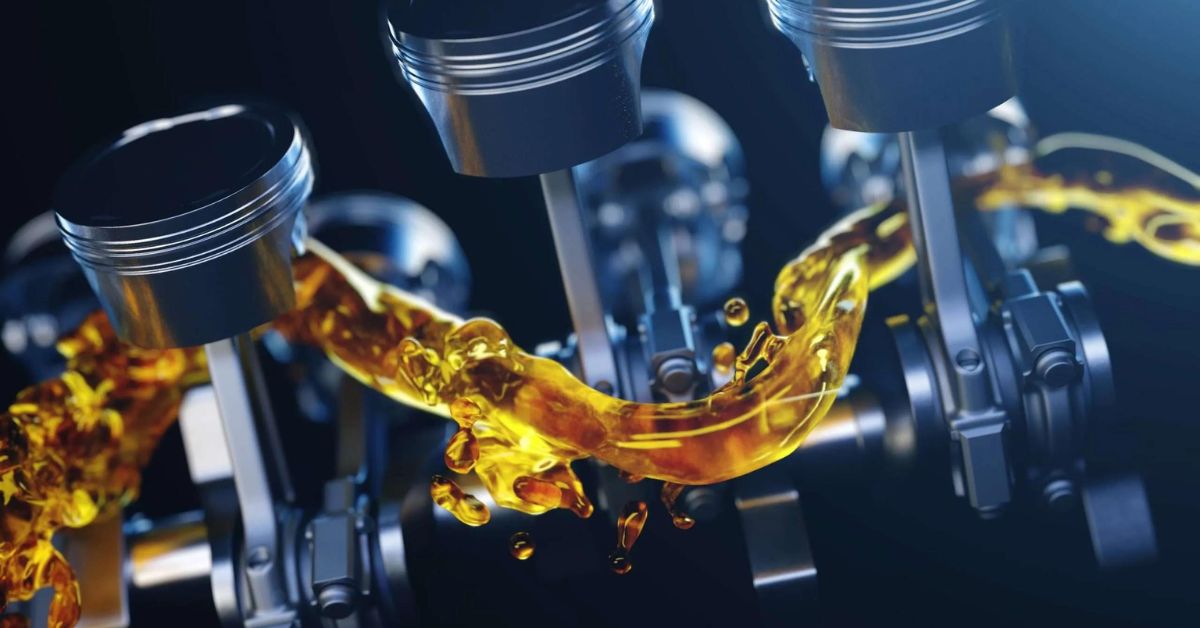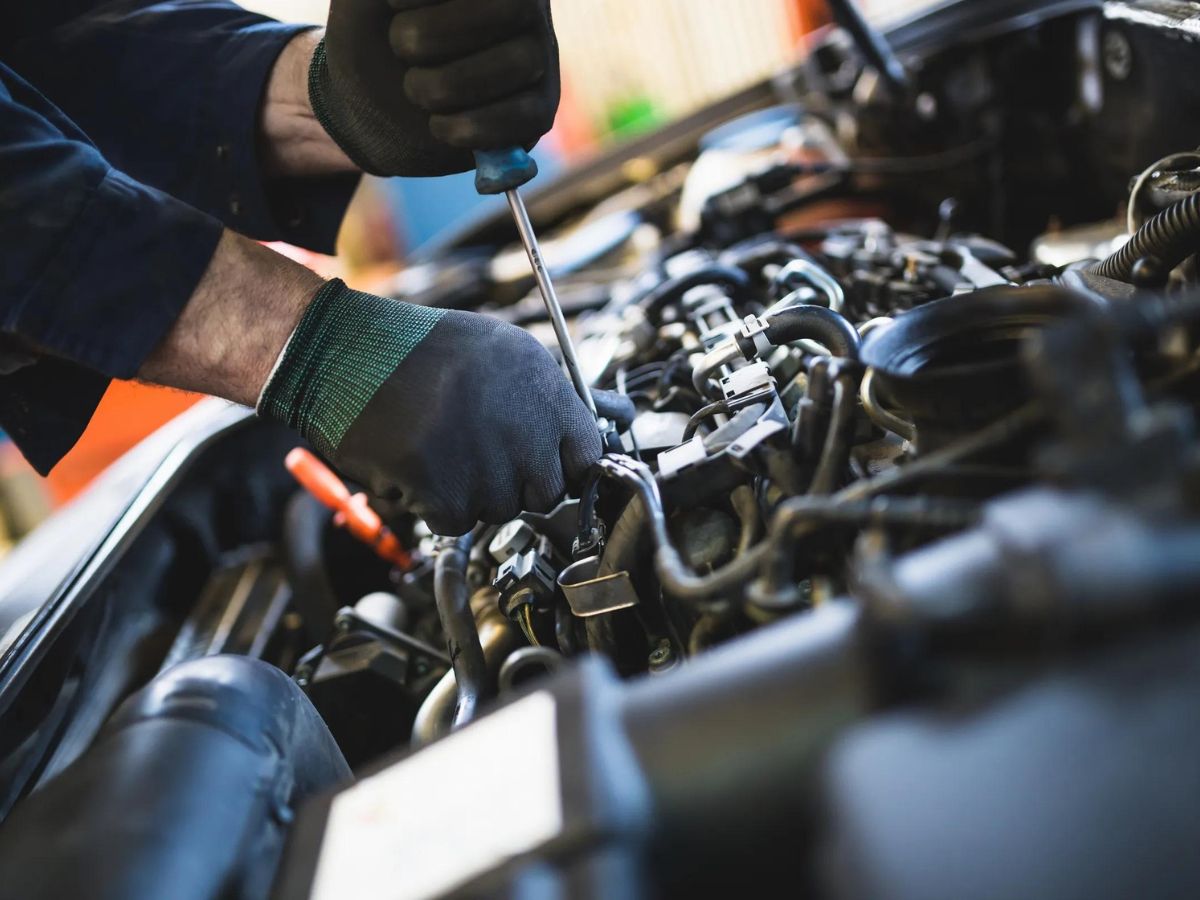Maintaining the optimal engine performance of your diesel engine is crucial to secure its longevity and efficiency. Regular maintenance enhances fuel economy and minimises the risk of unexpected breakdowns and costly repairs. Owning a diesel-powered vehicle comes with its own set of advantages, such as notable torque, improved fuel efficiency, and increased durability. One vital aspect of diesel engine maintenance is the regular cleaning of the Diesel Particulate Filter (DPF), where the DPF cleaning service come into play.
However, to really take advantage of a diesel engine, it is essential to ensure its consistent performance through regular maintenance and care. By adopting a proactive approach and following a thorough maintenance routine, you can enhance the longevity and efficiency of your diesel engine.
In this guide, we will provide you with a step-by-step roadmap to maintain the optimal performance of your diesel engine. We will cover everything you need to know, from basic maintenance tasks to advanced techniques. Whether you are a seasoned diesel engine enthusiast or a newcomer, this guide aims to simplify the process and equip you with the knowledge required to keep your engine running smoothly.
So, let’s dive in and discover the key practices that will help you maximise the performance and reliability of your diesel engine for years to come.
Following Are Some Steps for the Optimal Diesel Engine Performance
- Regularly Check Fluid Levels and Quality
- Pursue a Consistent Oil Change Schedule
- Fuel Quality
- Inspect and Replace Fuel Filters
- Keep the Fuel System Clean
- Monitor Proper Coolant Levels
- Maintain a Clean Air Filtration System
- Check the Belts and Hoses
- Schedule Regular Professional Inspections
Regularly Check Fluid Levels and Quality
First, it is essential to check your diesel engine’s fluid levels and quality regularly. This includes monitoring engine oil, coolant, and fuel levels. Low fluid levels can cause engine overheating and increased wear and tear. Additionally, ensure that you use the recommended quality and type of fluids for your specific engine model.
Pursue a Consistent Oil Change Schedule
Oil plays a very important role in the performance of your diesel engine. Follow the manufacturer’s suggestions for oil change intervals, and make sure to use high-quality oil that meets the specifications f your engine. Regular oil changes will help remove contaminants and maintain optimal engine performance.
Fuel Quality
Using high-quality fuel is crucial for diesel engine performance. Always purchase fuel from reputable sources to avoid contaminants damaging your engine. Additionally, consider using fuel additives designed to enhance engine performance and reduce wear and tear. Fuel additives can improve fuel lubricity, deter carbon deposits, and boost overall engine efficiency.

Inspect and Replace Fuel Filters
Fuel filters are reliable for removing impurities and contaminants from the diesel fuel. These filters can be clogged with time, reducing fuel flow and affecting engine performance. Inspect and replace fuel filters regularly to ensure clean fuel reaches the engine. Consult your engine’s manual or a professional technician for guidance.
Keep the Fuel System Clean
Maintaining a clean fuel system is crucial for optimal engine performance. Diesel engines are susceptible to the buildup of deposits and carbon in fuel injectors and combustion chambers. Use high-quality fuel from reputable sources, and consider using fuel additives that help clean and lubricate the fuel system. Regularly check and clean the fuel injectors to ensure efficient fuel delivery.
Monitor Proper Coolant Levels
Proper coolant levels are essential for regulating the engine’s temperature. Insufficient coolant can lead to overheating and engine damage. Regularly check the coolant levels and maintain the correct mixture of coolant and water as the manufacturer recommends. Remember only to add coolant when the engine is cool to avoid burns.
Maintain a Clean Air Filtration System
A clean air filtration system is required to stop dust, dirt, and debris from entering the engine. Check and return the air filter regularly to ensure proper airflow and combustion. A clogged air filter can restrict the flow of air and affect engine performance and fuel efficiency.
Check the Belts and Hoses
Belts and hoses play a vital role in properly functioning the engine’s auxiliary systems. Inspect them regularly for signs of wear, cracks, or leaks. Replace any damaged belts or hoses promptly to prevent potential failures that can lead to engine damage.
Plan Regular Professional Inspections
While following these maintenance steps can significantly contribute to the optimal performance of your diesel engine, it is essential to schedule regular professional inspections. Qualified technicians can assess your engine’s overall health, identify potential issues, and provide expert guidance on maintenance and repairs.
Conclusion:
By following these essential maintenance guides, you can keep your diesel engine running smoothly, efficiently, and reliably for years. Remember to adhere to the manufacturer’s recommendations, prioritise regular inspections, and address any issues promptly. With proper care, your diesel engine will continue to deliver optimal engine performance, ensuring a satisfying driving experience and maximising the longevity of your valuable asset.
Also, read: What are the Benefits of a Remanufactured Engine?
